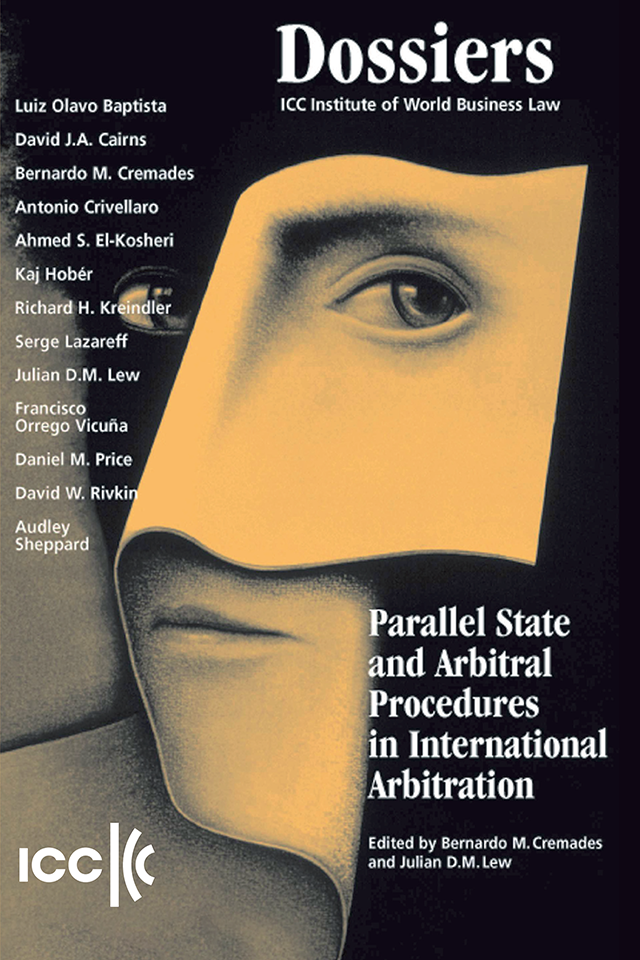Navigating Arbitration: A Guide to Efficient Resolution


Navigating Arbitration: A Guide to Efficient Resolution
Arbitration is a dispute resolution process that offers an alternative to traditional litigation. In this comprehensive guide, we explore the procedures involved in arbitration and provide insights into making the process efficient and effective for all parties involved.
Understanding the Basics of Arbitration
Arbitration is a consensual process where disputing parties agree to submit their case to a neutral third party, the arbitrator, for a binding decision. This section outlines the fundamental principles of arbitration, emphasizing its voluntary nature and the importance of mutual agreement by the parties to participate.
Initiating the Arbitration Process
The arbitration process begins with the initiation of a formal arbitration proceeding. This section delves into the steps involved, from the filing of a demand for arbitration to the selection of arbitrators. Understanding these initial stages sets the groundwork for a streamlined and organized arbitration process.
Selecting Arbitrators and Building the Arbitration Panel
The selection of arbitrators is a critical aspect of arbitration procedures. This section discusses the criteria for choosing arbitrators, the role of a panel if multiple arbitrators are involved, and considerations for ensuring a fair and impartial decision-making body. The arbitrators play a pivotal role in shaping the outcome of the dispute.
Establishing Rules and Procedures
Arbitration procedures involve establishing specific rules and procedures that govern the process. This section explores the importance of crafting clear and comprehensive rules, addressing issues such as evidence submission, witness examination, and timelines for the proceedings. Well-defined rules contribute to a structured and fair arbitration process.
Conducting Preliminary Meetings and Hearings
Preliminary meetings and hearings are integral components of arbitration. This section highlights the purpose of these sessions, which may include clarifying issues, stipulating facts, and determining the course of the proceedings. Efficiently conducting these meetings sets the tone for the substantive hearings to follow.
Presenting Evidence and Witnesses
Arbitration allows for the presentation of evidence and witness testimony. This section provides insights into the procedures for presenting a case effectively. Parties involved in arbitration should understand the rules governing evidence submission, expert testimony, and the examination of witnesses to build a compelling case.
Legal Representation in Arbitration
While arbitration is often less formal than litigation, legal representation can still play a crucial role. This section discusses the considerations for having legal counsel in arbitration, including the extent of representation, ethical considerations, and the impact on the overall arbitration process.
Reaching a Final Award
The culmination of the arbitration process is the issuance of a final award by the arbitrator or panel. This section explores the factors that contribute to a final decision, including the arbitrator’s analysis of the evidence, legal arguments presented, and any applicable law. Understanding the elements influencing the final award aids in managing expectations.
Enforcing and Challenging Arbitration Awards
Once a final award is issued, enforcing or challenging it becomes the next step. This section provides insights into the procedures for enforcing arbitration awards and the limited grounds for challenging them. Understanding the post-arbitration phase is essential for parties seeking to implement or contest the arbitration decision.
Post-Arbitration Considerations and Compliance
After the arbitration process concludes, parties must consider post-arbitration matters. This section discusses compliance with the arbitration award, any additional steps required, and the implications for the ongoing relationship between the parties. Adhering to the terms of the award ensures the effective resolution of the dispute.
Visit Arbitration Procedures for Further Guidance
For further guidance on navigating arbitration procedures, visit Arbitration Procedures. This resource offers in-depth insights, expert advice, and valuable information to help individuals and organizations understand and efficiently manage the arbitration process for successful dispute resolution.






